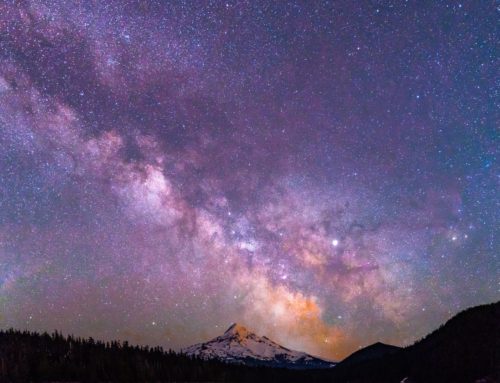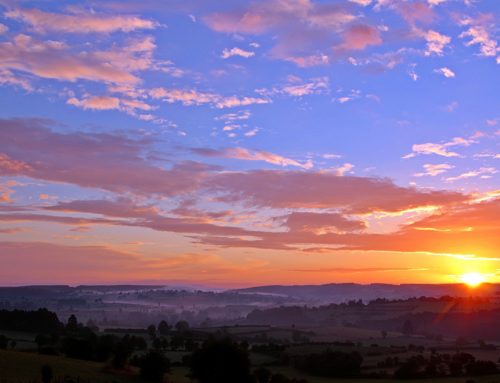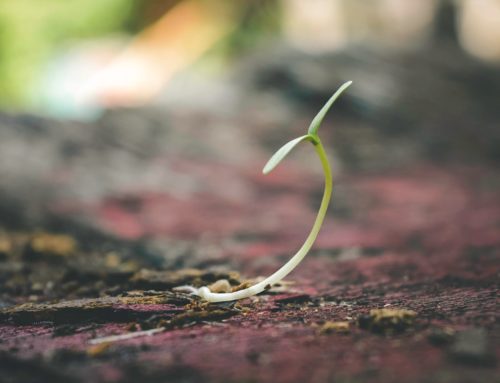This Sunday we will be meeting again on-line for worship, and the good thing is that we will have more participation from our Samoan young people. The reason is that the Samoan Cluster will be celebrating their national day marking Samoan Independence.
Many years ago when I was at Boarding School in Geelong I had a silly argument with one of our junior masters who was studying architecture. He argued that we all long for a place to call ‘home’, and being a teenager whose family had moved every five years or so, I had very little sense of a place I called home and told him so. However, I take a very different view today. I think ‘place’ is very important for us. I had grown up with my grandmother constantly speaking about bonny Scotland, and remember as a little boy regularly singing Scottish Folk songs. Added to that my middle name is ‘Macbeth’, so in many ways Scotland was in my blood. I vividly remember the first time I went to live in Scotland, because it felt as if I had come home. Something about being in that place affirmed my sense of identity. I had the same sense of connectedness when I went to Jerusalem – it all felt so familiar, so much a part of me, because I had read so much about it and grown up with the stories of the Bible. So place is important for us, which is why celebrating Samoan Culture and events is important to our Samoan brothers and sisters at St John’s, and enriching for us.
The scriptures also speak about the importance of place. The story of God calling Abraham is woven through with the promise of a land to call home, and that is further emphasised by the account of the Exodus where Moses led his people from slavery to the Promised Land – a place to call home. One of the great dreams and hopes we find in the Prophets is that this place would be a place of safety, welcome, and fruitfulness. Micah for example – following Isaiah – speaks about nations beating swords into ploughshares and spears into pruning hooks to work co-operatively together in a reversal of Babel, so that everyone might live in peace, sit under their own vines and fig trees and enjoy the fruit of their labour. It’s a picture of harmony. Looking after the earth and not ravishing it but protecting and caring for it is also a powerful and vital theme within the scriptures.
However there is also another perspective offered at the same time, that the life of faith is a journey we make together with God. One of the ground-breaking insights of Jewish faith was that God was not bound by place, but was rather the Creator of all and present wherever we travel. This was symbolised during the Exodus when the stone tablets of the commandments where carried in the ark of the Covenant as though God was travelling with them – guiding them by a cloud during the day and fire during the night. It’s this metaphor that the early church picked up when it spoke about our ultimate home being in God, emphasising the importance of that primary relationship we have with God. In the foundational document of our church we read, ‘The church is a pilgrim people, always on the way toward a promised goal; here the church does not have a continuing city but seeks one to come. On the way Christ feeds the Church with Word and Sacraments, and it has the gift of the Spirit in order that it may not lose the way.’
Yes place and nationality, along with language and culture, play an important part in forming our sense of identity, but prior to any of these things it is the faith, hope and love of God who claims us and calls us to live beyond ourselves that mark our lives as distinctive. We find ourselves by acting in love and service, in justice and compassion, in worship and witness.
Peter





